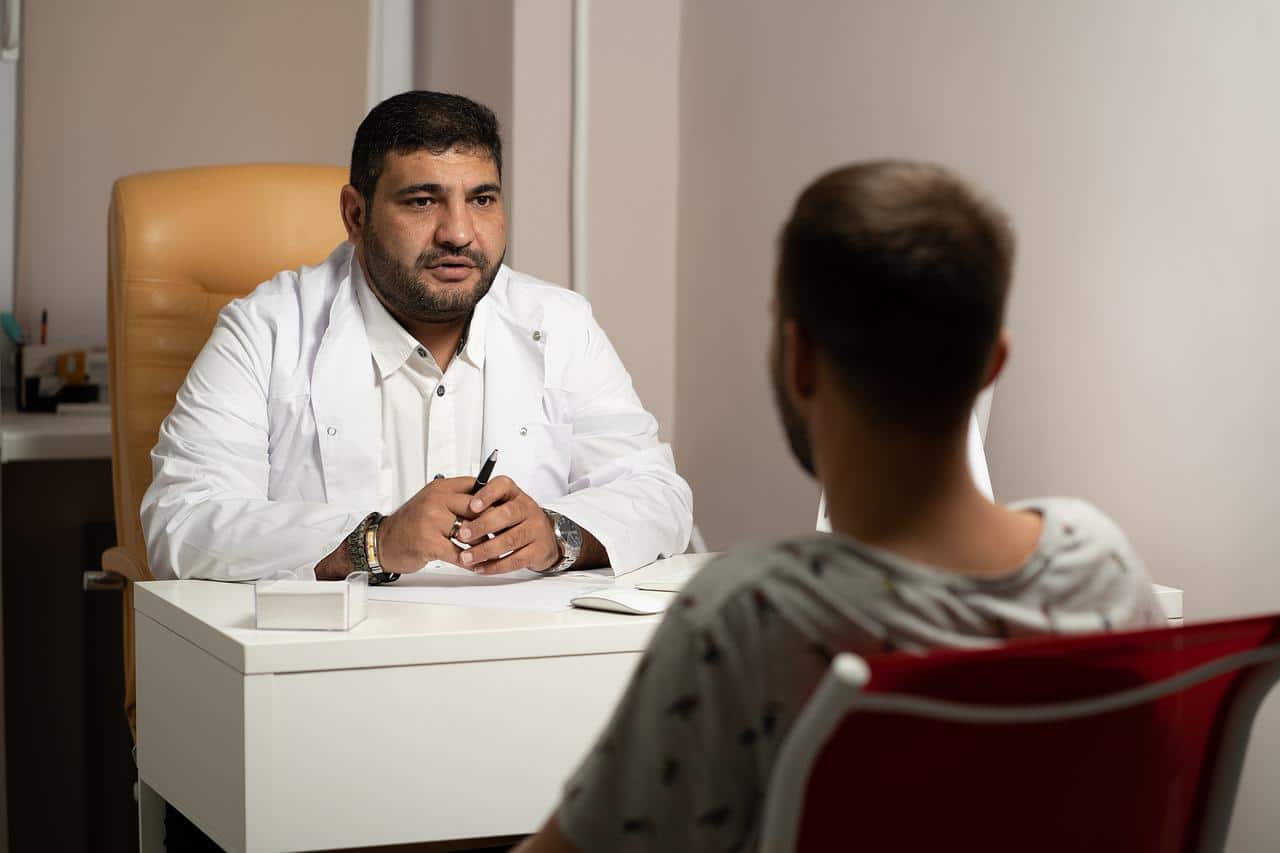Hydrocodone Rehab & Detox Treatment
Ocean Recovery Centre offers a comprehensive 28-day residential rehabilitation programme for clients suffering from hydrocodone addiction. Request a CallbackOur Centres
Rehab In Northern England

Google Reviews
4
Rehab in Scotland

Google Reviews
5
Rehab in Greater London

Google Reviews
4.5
Rehab in the Midlands

Google Reviews
4











